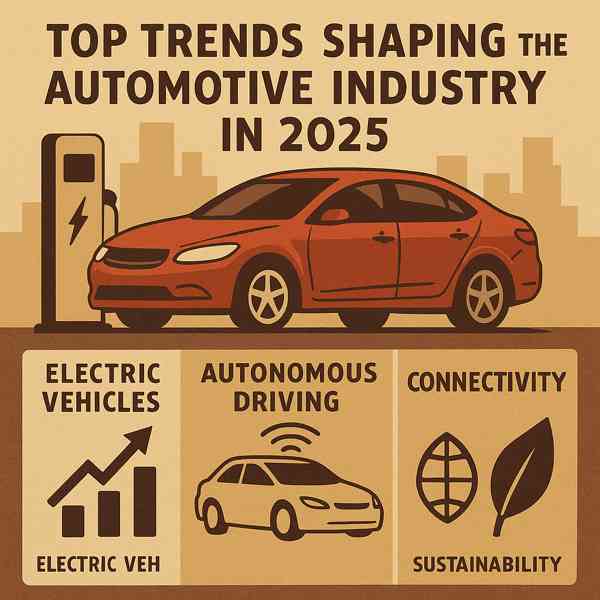
With zero emissions and cutting-edge technology, EVs are quickly becoming a future standard for personal and commercial travel.
As battery technology improves and infrastructure expands, owning an electric vehicle has never been more appealing.
What Are Electric Vehicles?
Unlike gasoline-powered cars, EVs produce cleaner transportation outcomes.
Key components of EVs include:
- Electric motor
- Battery pack
- Manages energy flow from battery to motor
- Connects to home or public chargers
Electric vehicles come in various types, such as hybrid electric vehicles (HEVs)—each with different levels of electrification.
Advantages of Going Electric
Whether you're looking to save money or reduce emissions, EVs offer a compelling option.
What makes EVs attractive:
- Electricity is cheaper than gas
- Environmental sustainability
- Better overall driving comfort
- Financial perks for EV buyers
For eco-conscious and cost-aware drivers, electric vehicles are an increasingly responsible choice.
Limitations to Consider
Despite the growing popularity of EVs, they still face some challenges that buyers should consider.
EV challenges to consider:
- Shorter range compared to gas vehicles
- Not all areas have adequate public chargers
- More expensive upfront than comparable gas models
- Battery lifespan and replacement
As technology advances and visit this website infrastructure improves, many of these challenges are becoming less significant.
Exploring EV Variants
Not all electric vehicles are the same.
EV formats explained:
- Battery Electric Vehicles (BEVs)
- Can switch between electric and fuel power
- Hybrid Electric Vehicles (HEVs)
- Use hydrogen to generate electricity
Each type has its pros and cons, so buyers should choose accordingly.
EV Charging and Infrastructure
Charging an electric vehicle is convenient once you understand your options.
How EVs get recharged:
- Slow but accessible anywhere
- 240V outlet at home or public stations
- Rapid chargers at commercial locations
- Still in development or premium models
As public charging networks expand, EV owners will enjoy even more freedom, flexibility, and convenience.
What’s Next for EVs?
As governments push for cleaner energy and manufacturers invest in innovation, the future of EVs looks revolutionary.
Next-generation EV developments:
- Longer range and safer performance
- Using EVs to support the power grid
- Autonomous electric vehicles
- Expansion of affordable EV models
As innovation continues, EVs will become more efficient, affordable, and widespread.
The Road Ahead for EVs
With growing demand and continuous improvement, EVs are becoming a realistic option for more drivers every day.
From environmental benefits to cutting-edge tech, electric vehicles offer a powerful alternative to traditional cars.